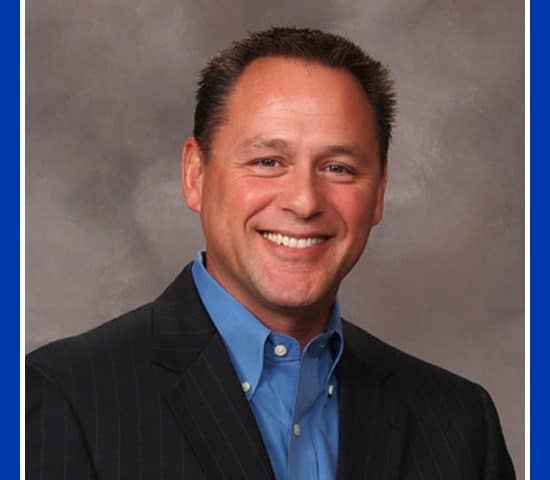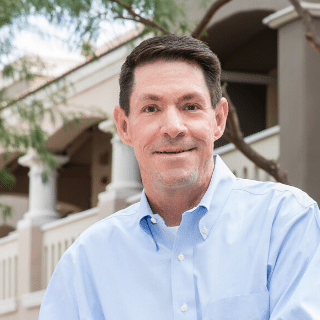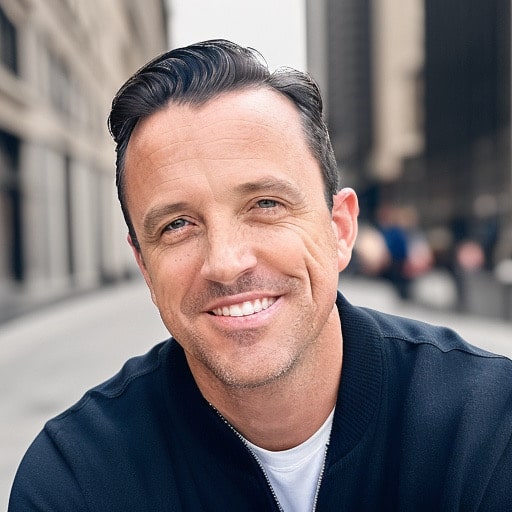Amazon Scaleup Awards announced
July 19, 2020Twelve more businesses complete Entrepreneurs’ Forum Scale-Up Program
July 26, 2020By Verne Harnish
When the global pandemic hit, George Contos’s business, World Wide Metric in Branchburg, N.J., was hit hard.
The family-run pipe and valve fitting company, founded in 1970, targets the maritime sector. It brought in $22 million in annual revenue in 2019 and was profitable.
When the pandemic struck, World Wide Metric experienced delays in getting shipments from its manufacturing partners in Asia and later Europe but those were relatively minor. What really hurt was the shut down of the cruise industry, which made up one-third of the company’s business. “We hadn’t had a situation like that before,” says Contos.
Contos, the firm’s CEO, was left reeling. Although World Wide Metric had a strong 2019 and a great Q1, he now wondered how he would collect several massive payments that were owed to him.
After attending Scaling Up Summit 2.0, he came away with a precise range of tools and ideas to jumpstart him into action.
Prioritizing cash
One of first steps Contos took to get in front of the situation was to shore up the company’s cash position. Although he’d never had to take out a loan or had tap his line of credit in past recessions, doing so made sense given current uncertainty. Contos applied for a forgivable loan through the Paycheck Protection Program, part of the Coronarvirus Aid, Relief and Economic Security (CARES) Act, which can be applied to payroll and several other expenses, such as a business’s mortgage.
Contos also reached out to two of his three biggest clients, who owed the company a significant amount of money. He’d delayed calling them because he knew they had their own challenges to tackle. He took an empathetic approach when he finally picked up the phone. Both paid him. “That was a huge sign of relief,” he says.
World Wide Metric also tightened up other spending, requiring all expenses to be pre-approved. At the same time, the company slowed the outflow of cash. “We had to hold up payables to buy us some time,” Contos says.
Running lean
To reduce overhead, Contos asked if anyone on the team wanted to take a voluntary furlough. To his surprise, a number of team members were interested. “They had some hardships with family members being ill,” says Contos. “They looked at it as an opportunity to step away from working.”
This has brought the company’s total headcount from 47 to 36 for the time being. World Wide Metric has covered the furloughed employees’ healthcare.
The company also embarked on a cost-cutting plan, reducing its employees’ hours from full-time to 30 hours a week in March. It cut everyone’s salary and reduced commissions by 25%, as well. Contos and his brother and sister, who are business partners, took an even greater cut. “We had to show them we would be shoulder-to-shoulder with them,” he says.
Refocusing sales efforts
Although some cruise lines have hired World Wide Metric for project work on their vessels, Contos recognizes that this sector will be challenged for the immediate future. He has encouraged his sales team to focus on market segments that are healthier, such as other parts of the maritime market, as well as the industrial market and the cement industry. The team has also focused more on the service side of the business.
“We have to reinvent ourselves going forward,” Contos says.
Sales at World Wide Metric are still down from where they would normally be, but Contos has seen some significant progress. The company stayed in the black for the second quarter, and July looks like it’s going to be the same way.
“We were very fortunate,” says Contos. “Most of my customers remain very active. The core part of our business was still very vibrant and remains that way.”
Given the uncertain business environment, it is hard for Contos to predict exactly what the future will bring—but he has positioned his company to be as nimble as possible. “We structured our company to be a different size company for 2020 and possibly 2021 but with the ability to scale right back up,” says Contos. “The good thing is we’ve done the scale-up process before.”




